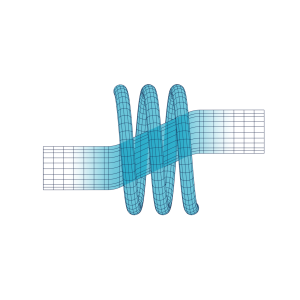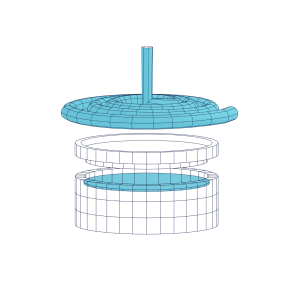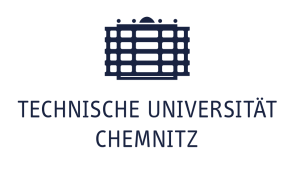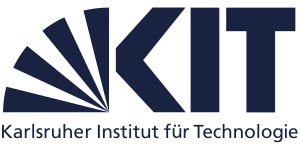Leading induction
Inductive heating
The best solutions for tomorrow
You want to produce more efficiently? Work more sustainably? That’s why we have a more precise solution for you with inductive heating.
Himmelwerk – your partner for induction heating systems in all industries.
Get in touch
for a personal offer
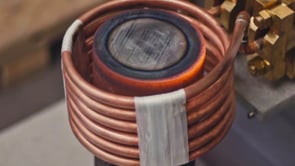
By loading the video, you accept Vimeo's privacy policy.
Learn more

By loading the video, you accept Vimeo's privacy policy.
Learn more
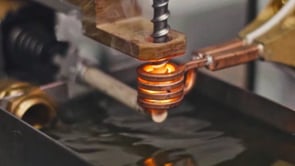
By loading the video, you accept Vimeo's privacy policy.
Learn more
Technology,
which inspires us
Inductive heating is very simple – and can do a lot. Here we show how induction technology works, what happens in our Himmelwerk laboratory and what induction will look like tomorrow.
Induction heating applications
Whether soldering, hardening, joining or melting – we know how you can best use inductive heating for your processes with electrically conductive metals. And we have the right equipment for it.
Would you like to get in touch with our service?
You can reach us here
For emergencies, maintenance work, repairs and optimisations around your induction heating systems, we are there for you – worldwide.
- +49 (0) 7071 94 660-10
- service@himmelwerk.com
Induction
heating in the future
Energy generation, nano-particles, virus protection – induction can do more than we know so far. This is what we at Himmelwerk are researching together with our partners of inductive heating at universities and institutes.
News around induction heating
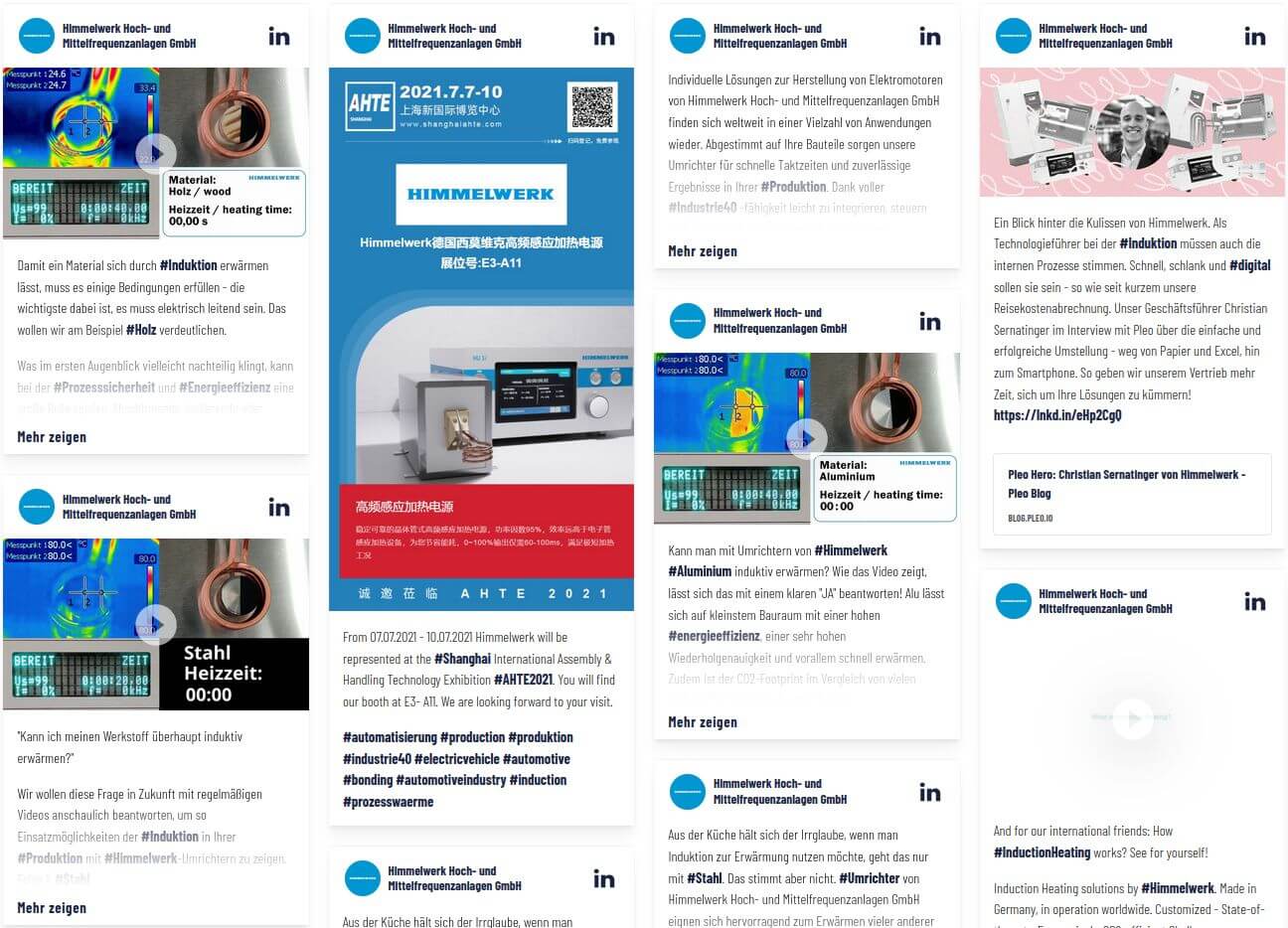
Click on the button below to load the content from our social stream Flockler.
By loading the Flockler you accept the privacy policy of LinkedIn
Privacy policy LinkedIn
Inductive heating – a sustainable industrial technology
Inductive heating has accompanied people in their everyday lives for years. It is used to charge electric toothbrushes, cook dinner in induction pots and charge mobile phone batteries without contact. However, induction heating technology can also be used very profitably and, above all, without major technical modification in industrial production processes to heat components sustainably and cost-efficiently.
How does inductive heating work?
When conductive materials such as metals are brought into contact with alternating magnetic fields thermal energy occurs that heats them up precisely. Therefore, workpieces are inserted in an inductor through which an alternating current runs. The resistance created by the alternating voltage generates heat directly in the workpiece.
Since there is a greater current density at the edge of the metal part, the so-called skin effect results. A high alternating frequency results in a low penetration depth, while a low alternating frequency means a greater penetration depth. Low frequencies range from 50-500 Hz, medium frequencies from 500 Hz-50 kHz and high frequencies from 50 kHz-27 MHz.
Induction heating systems
Himmelwerk converters are each designed for specific frequency ranges, so that temperatures can be set with pinpoint accuracy. The inductor is placed on a connected outer circuit, via which the current is fed to the component. Since our inductor coils are individually designed and often still manufactured by hand, they fit the shape of the workpiece exactly. This means that no energy is lost and the heating takes place exactly where it is needed.
Himmelwerk induction systems can be easily and automatically integrated into existing production processes. They can be used in all applications where heating of workpieces is required.
Why is inductive heating sustainable?
Induction heating can be used for all industrial applications where conductive metals need to be heatet. Since induction heating generates the heat directly in the workpiece and no longer around it (e.g. through a furnace), significantly less energy is needed to heat the component. The speed of inductive heating, which often takes only seconds, also plays a role. The heating process is short and energy is saved.
Furthermore, the improvement of working conditions through more pleasant temperatures and easy handling contribute to social sustainability in the company.
Do you no longer want to lose heat in production? Induction heating only heats where you need it.
How to implement induction in your production


